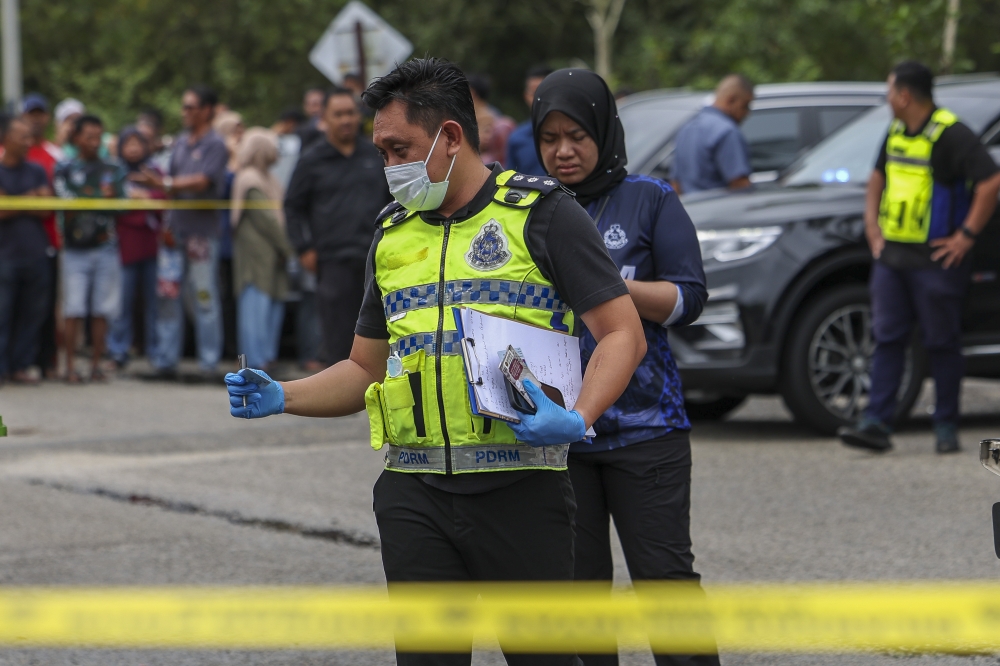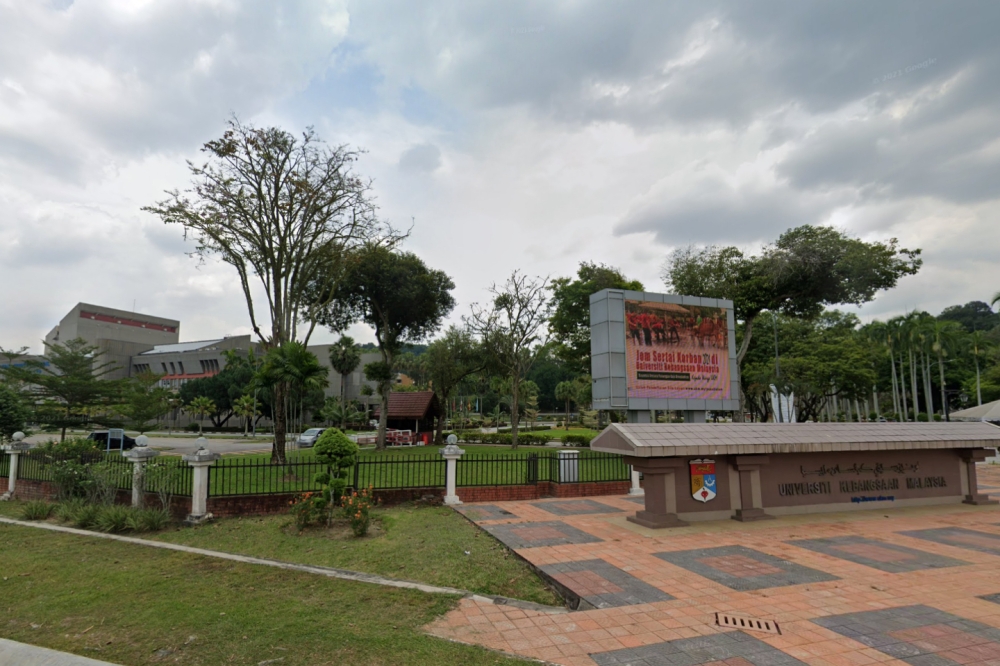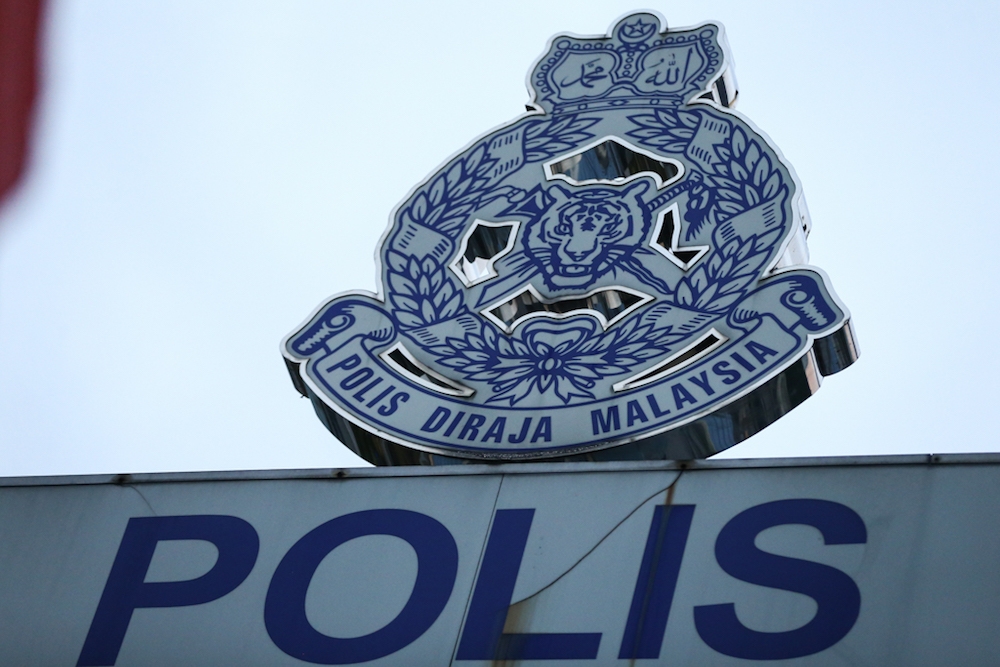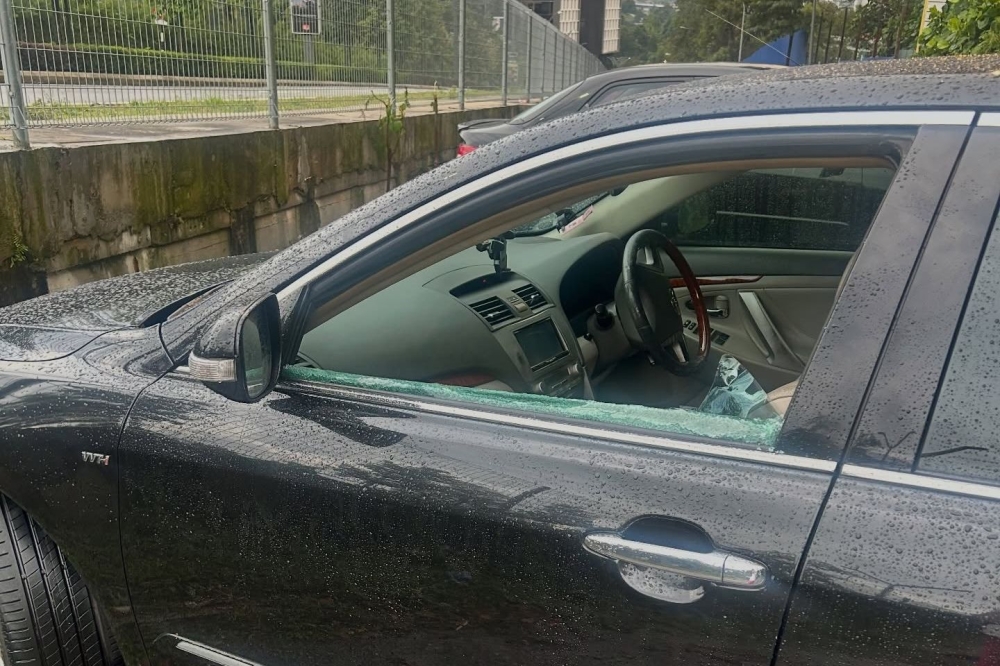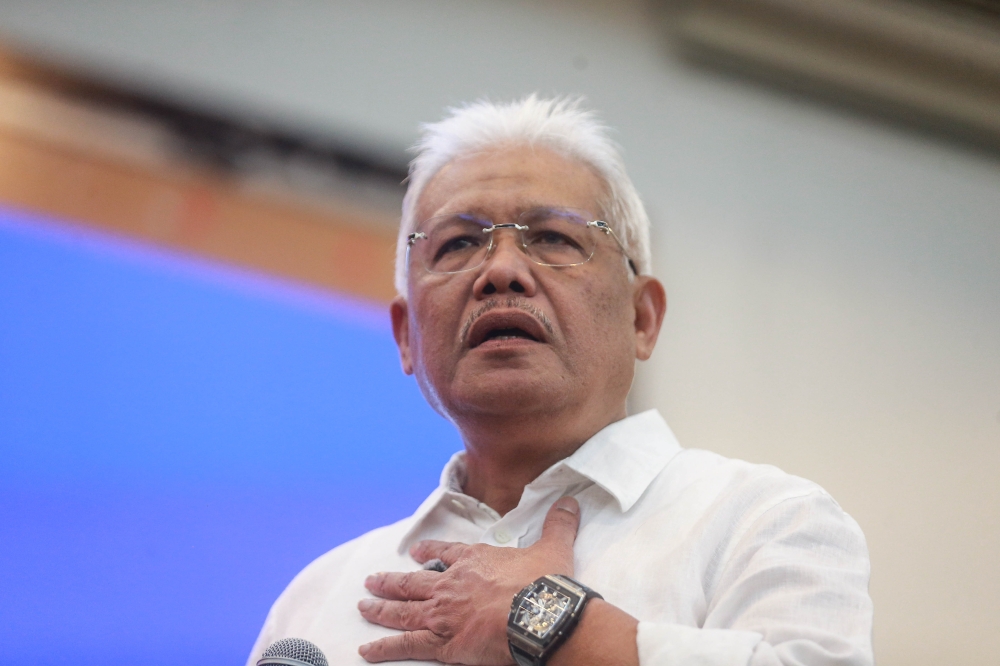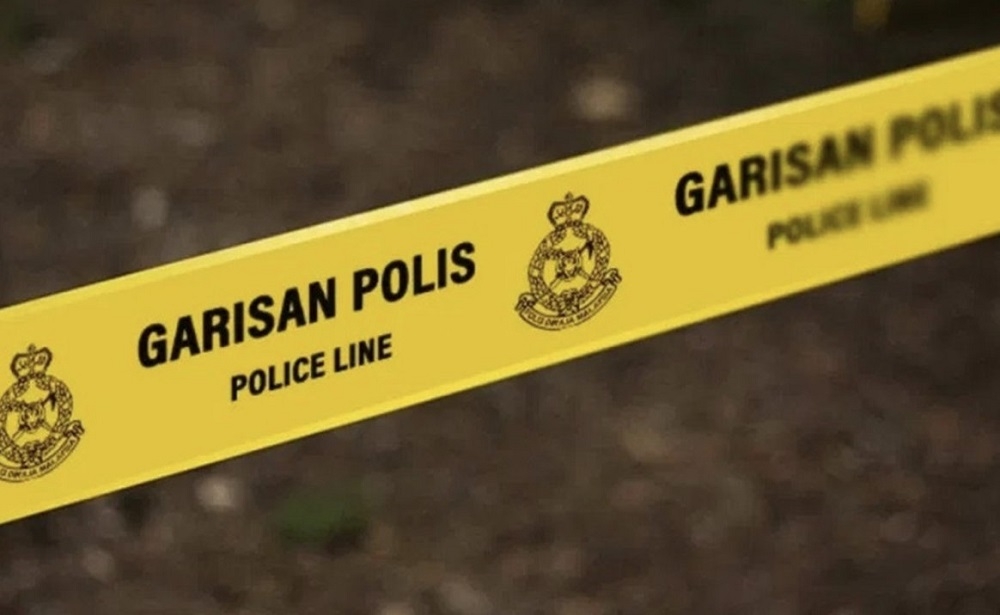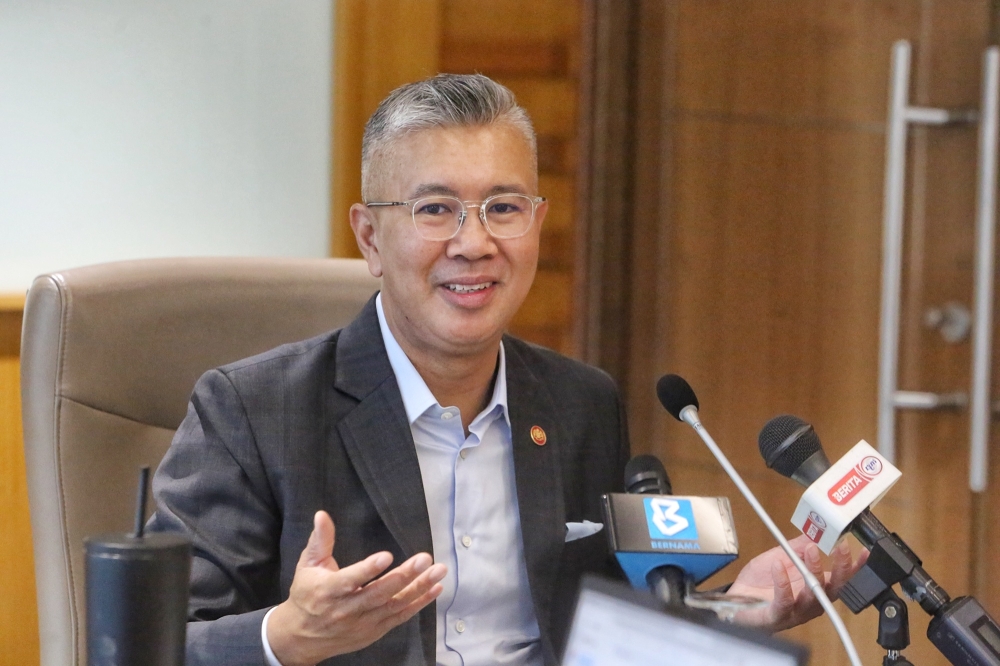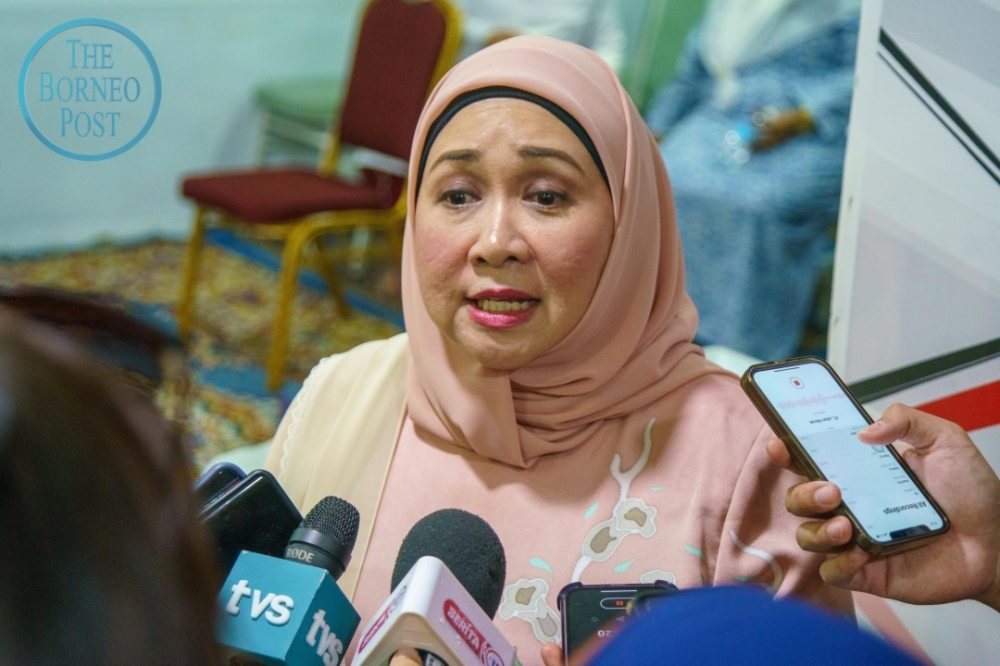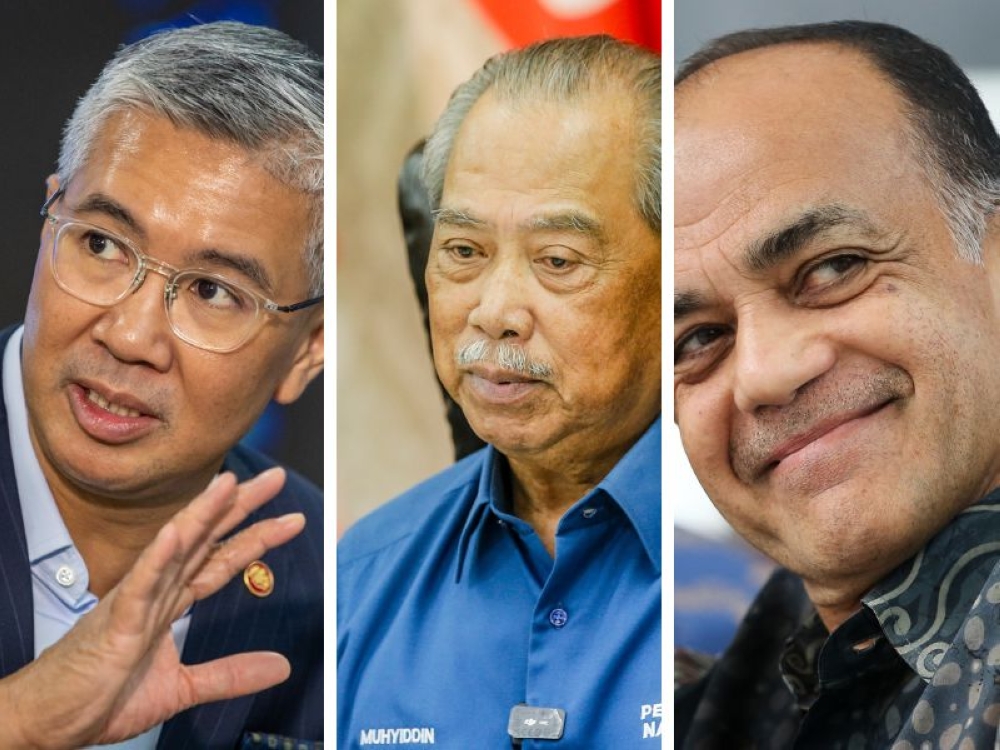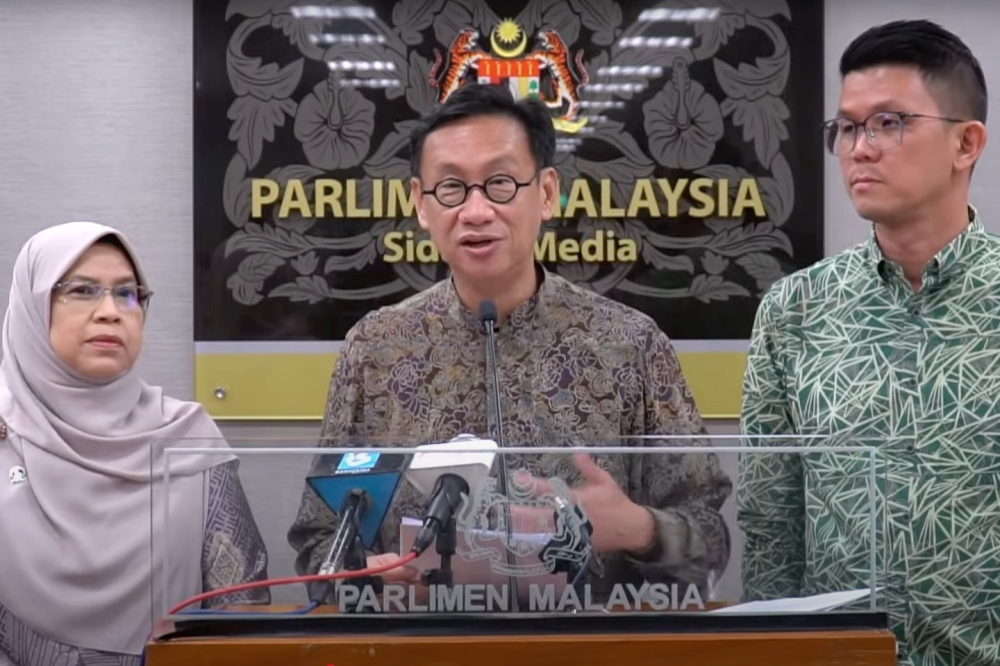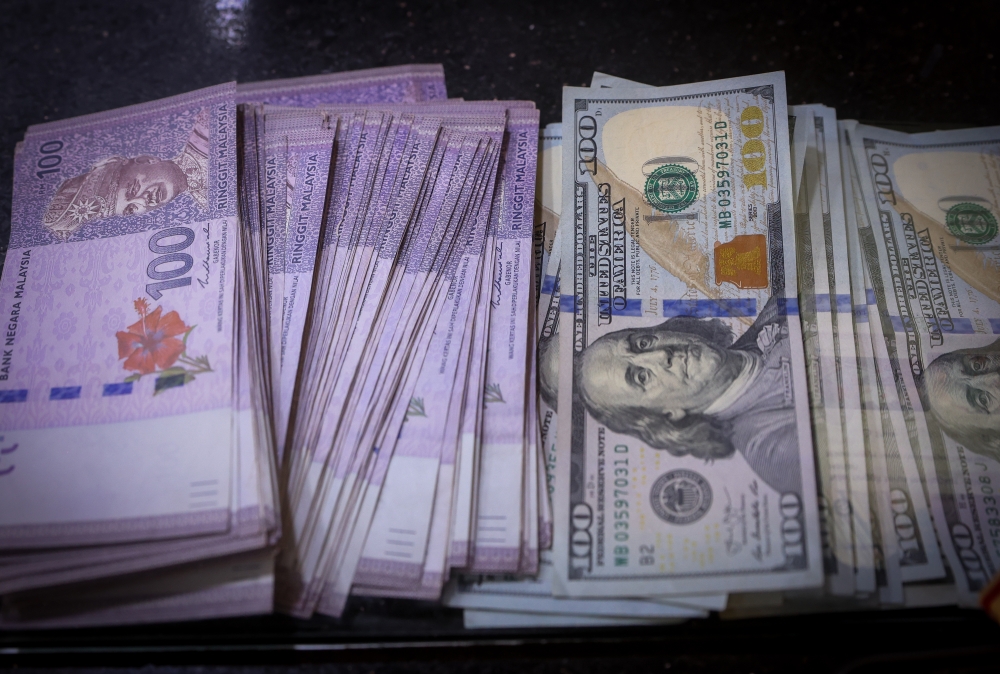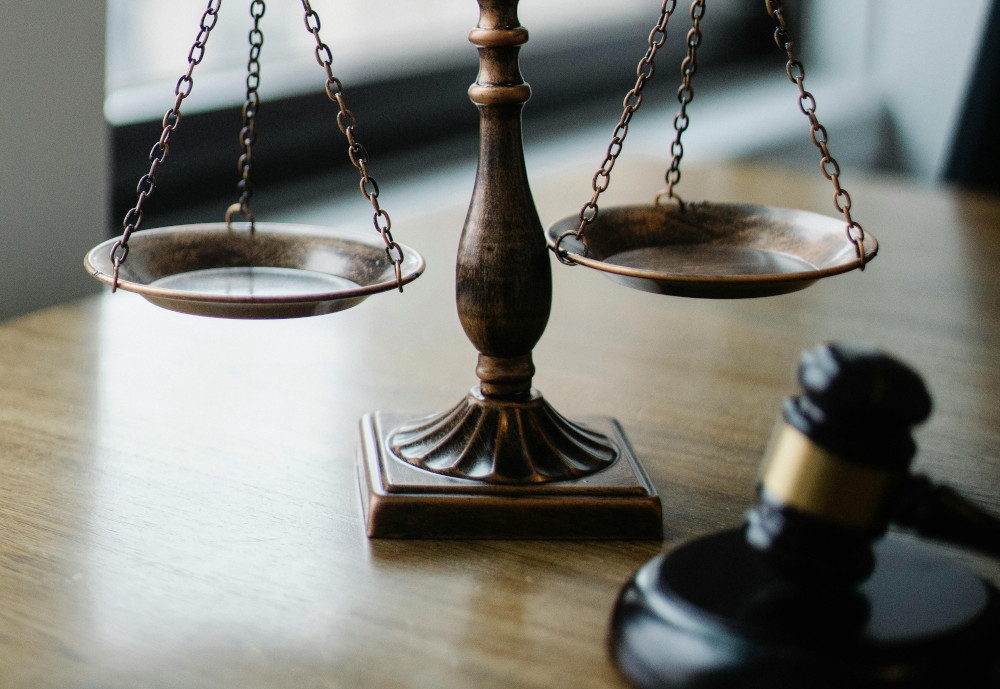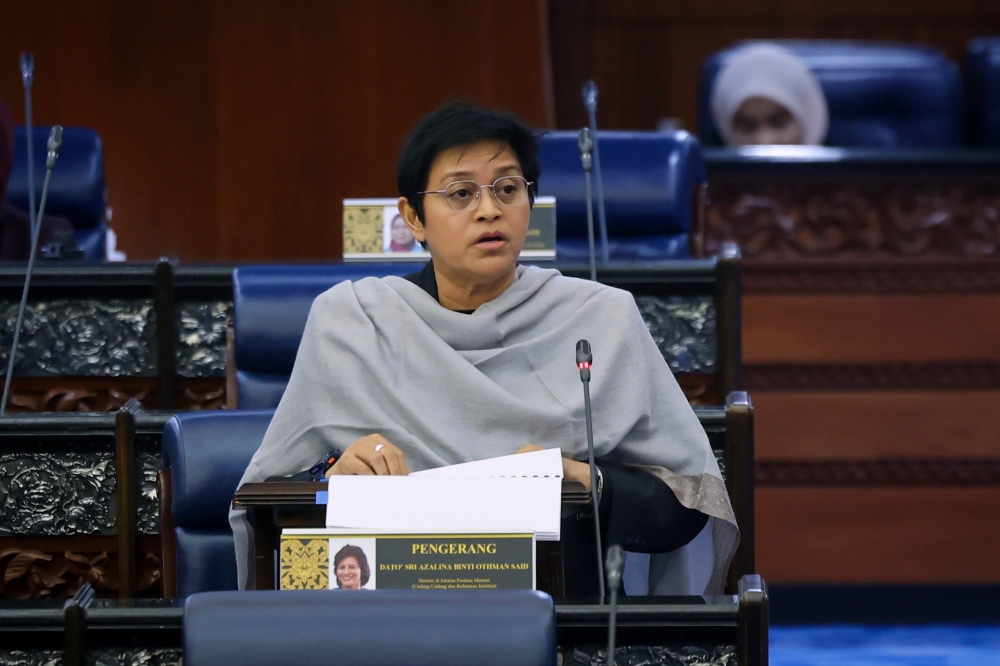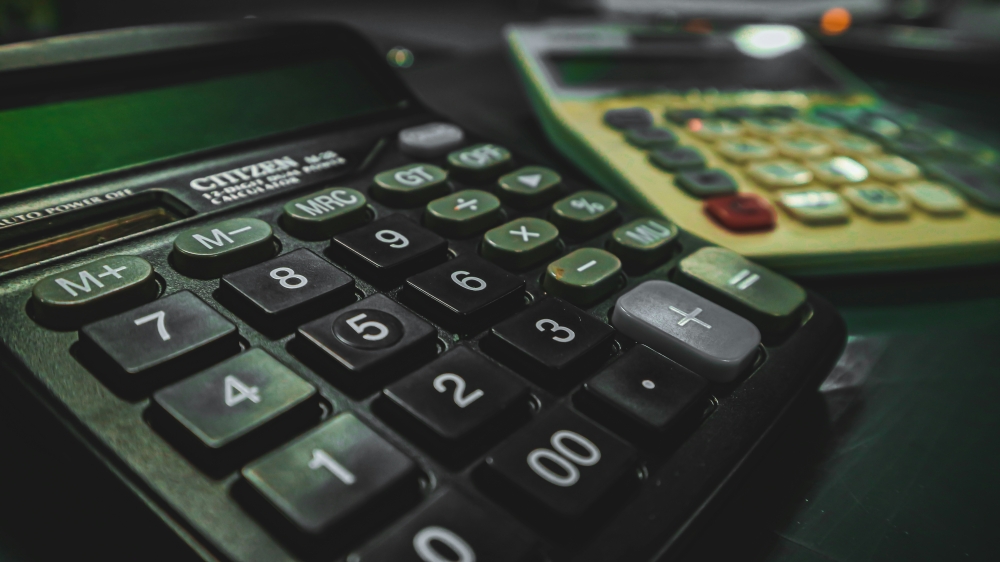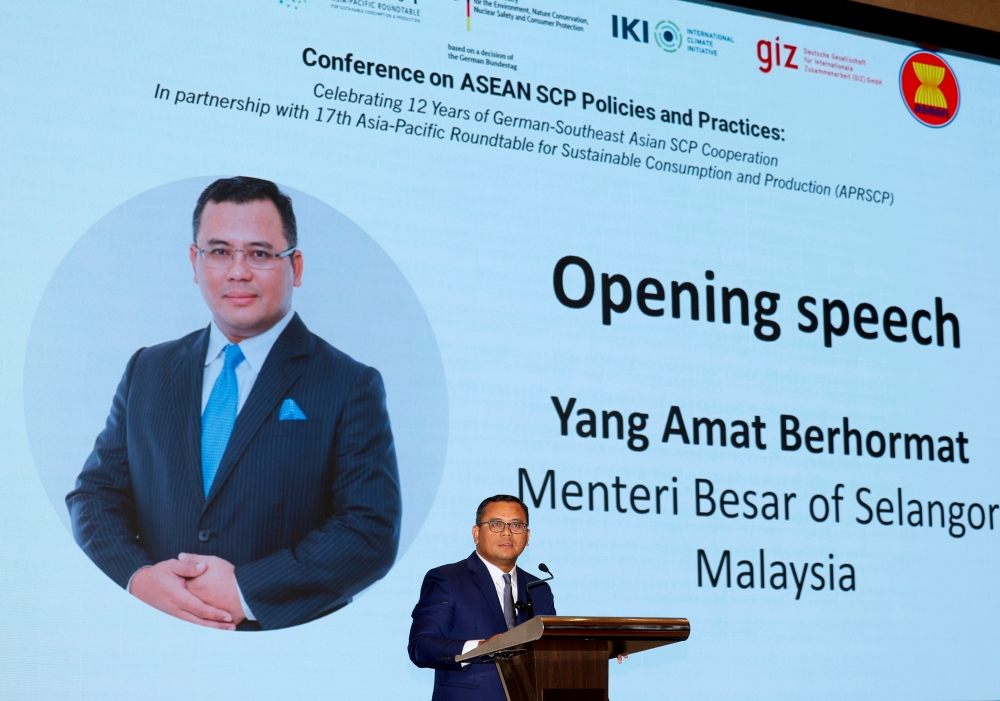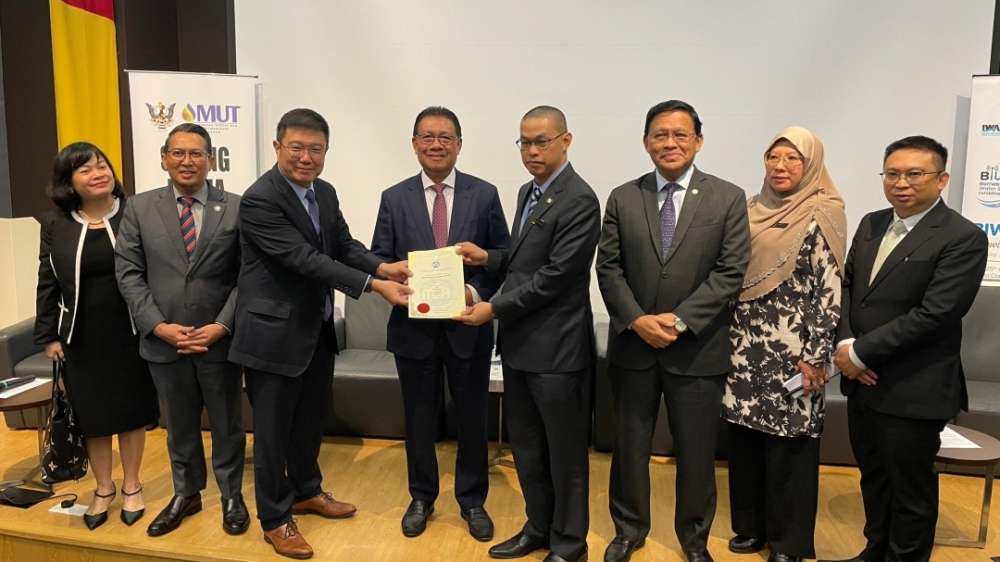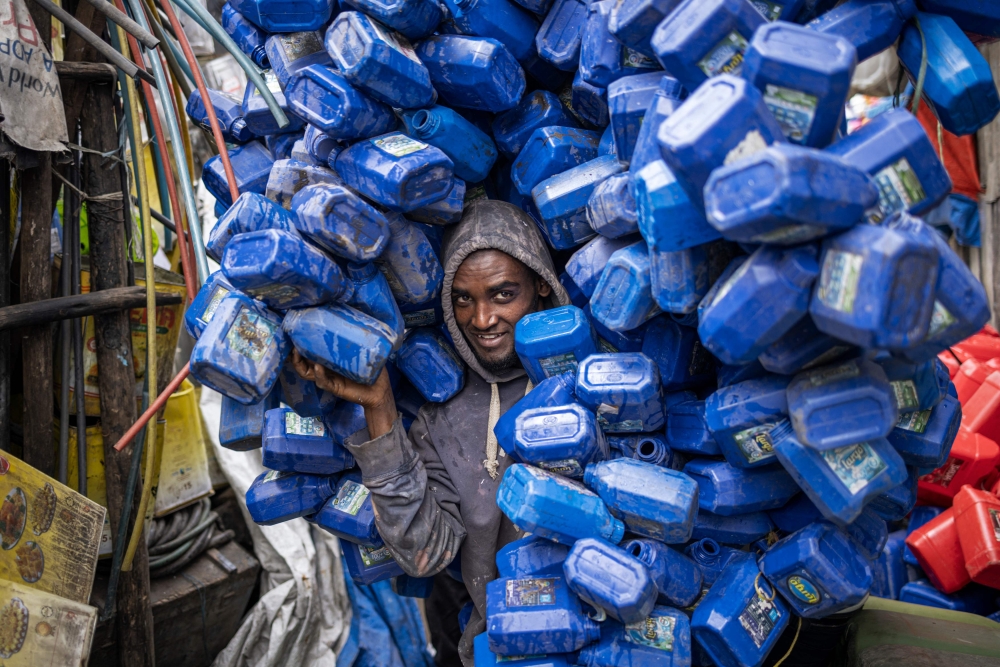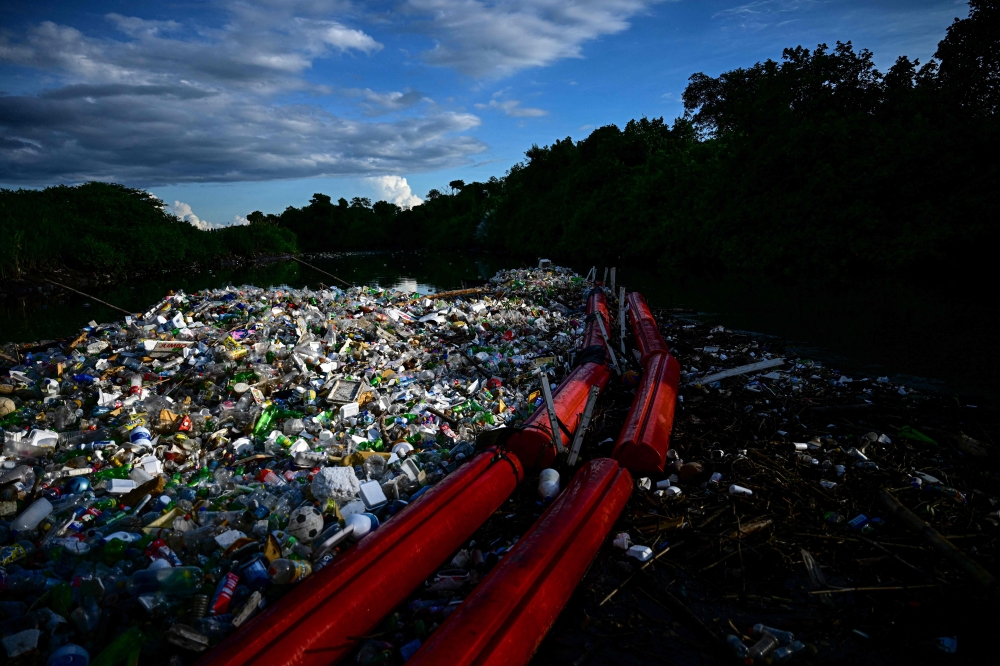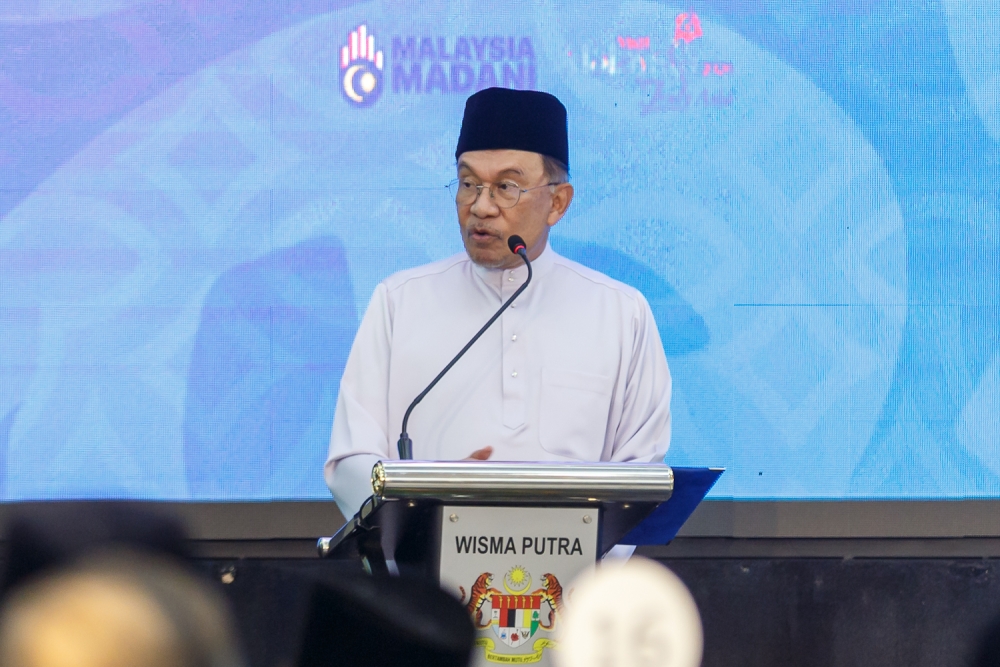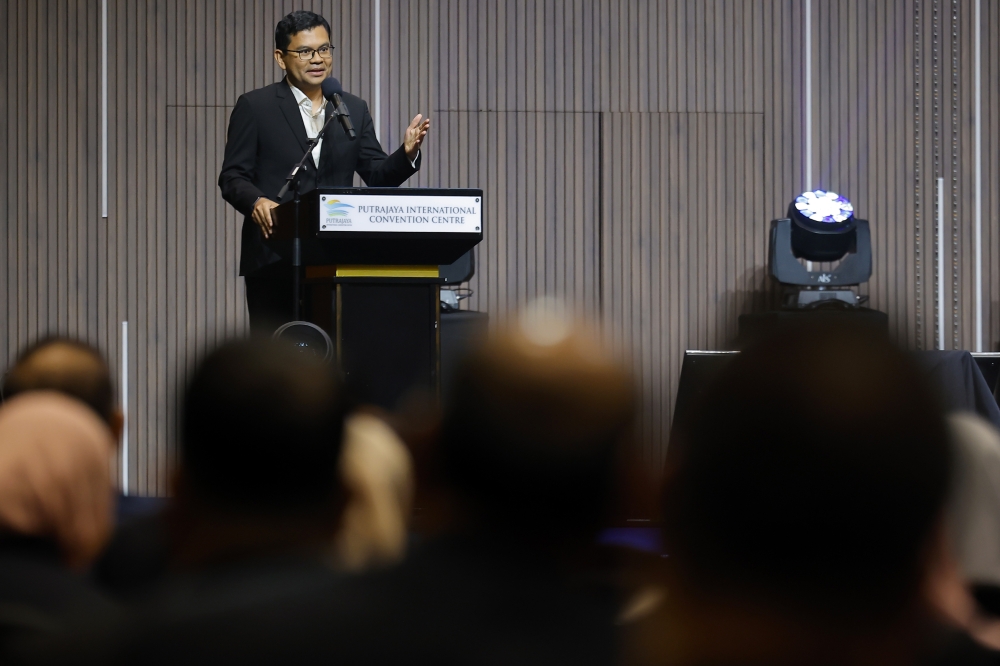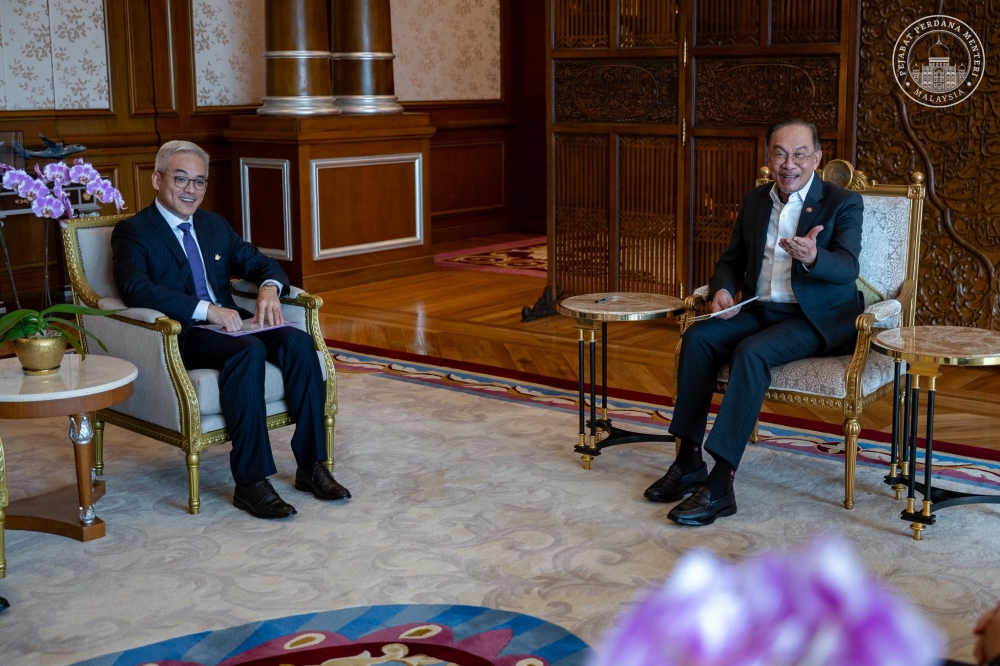SHAH ALAM, Oct 21 — The Selangor government is finalising a sustainable mechanism to increase recycling practices in every neighbourhood in the state, said Menteri Besar Datuk Seri Amirudin Shari.
He said the current method of relying on landfills to manage solid waste is no longer sustainable and can pose adverse effects on the environment.
As such, he said there is a need for a shift towards waste-to-energy system as practised in First World countries such as Europe and he also expressed commitment to reducing the state’s total waste output by eliminating single-use items like plastics.
“(A more sustainable method to reduce waste could also be achieved by) encouraging the private sector to increase efforts on R&D (research and development) to produce items which are more sustainable.
“I (also) see vast potential for the construction industry, from materials to building practices, and even more opportunity in the food & beverages sector to reduce food waste,” he said.
He said this in his speech at the opening of the Asean Sustainable Consumption and Production (SCP) Policies And Practices: Celebrating 12 Years Of German-Southeast Asian SCP Cooperation conference here today.
Amirudin said his administration also planned to use the 20 sen charged for a plastic bag, which has accumulated to over RM20 million as of last year, to embark on a more impactful recycling programme that will be announced in Selangor’s Budget 2025 on Nov 15.
Previously, state Public Health and Environment Committee chairman Jamaliah Jamaluddin told the state assembly that the Selangor government had collected RM38 million as of last year by charging 20 sen for every plastic bag.
Jamaliah said the money collected would be channelled back as allocation for organising awareness programmes to educate the people on the importance of loving and preserving the environment.
The two-day conference, organised in collaboration with the 17th Asia-Pacific Roundtable For Sustainable Consumption And Production (APRSCP), is participated by over 200 policymakers, industry leaders and experts from the Asia-Pacific region, marking 12 years of fruitful cooperation between Southeast Asia and Germany. — Bernama


